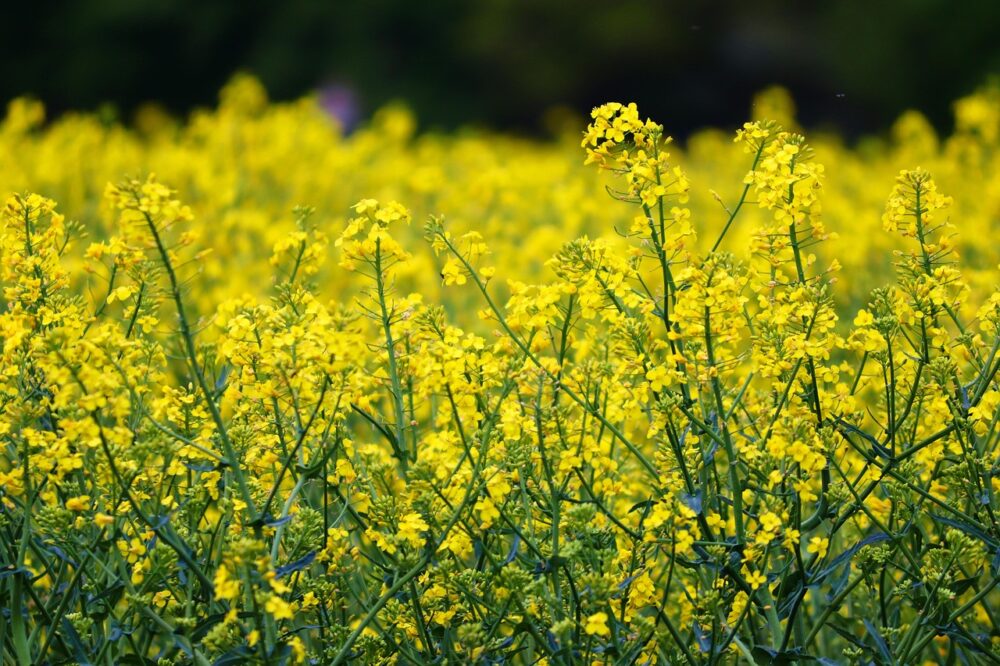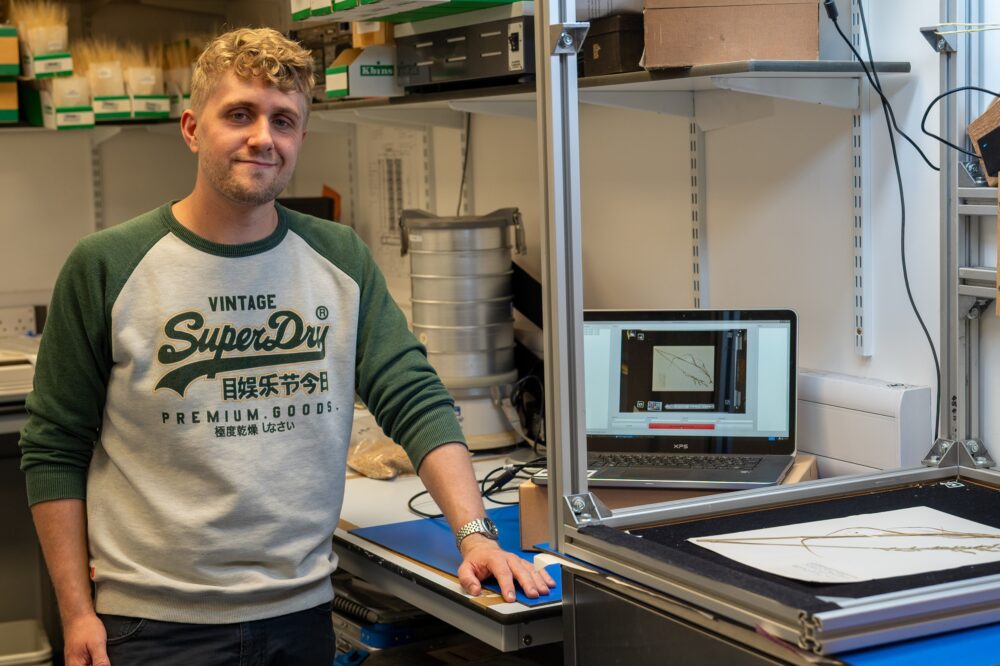 A field of rape. Photo Manfred Richter from Pixabay
A field of rape. Photo Manfred Richter from Pixabay
Welsh scientists are developing new artificial intelligence tools that automatically measure plant seed and seed pods in order to breed better crop varieties.
Led by researchers in the Institute of Biological, Environmental and Rural Sciences and in Computer Science at Aberystwyth University, the study demonstrates the power of targeted applications of artificial intelligence to improve the quality of our crops.
Traditional methods of recording the traits of a plants’ fruit, such as their shape and size, are labour-intensive, time-consuming, and prone to human error.
Researchers have addressed these challenges with a new AI powered tool that analyses images to recognize seed pods and measure them with a high degree of accuracy.
The new tool can measure a range of characteristics, including pod length, width, area and volume, all of which contribute to yield and therefore to profitability.
Genetic regions
The research links these physical traits to specific genetic regions that influence pod shape and size, helping scientists pinpoint genes.
Identifying these helps scientists better understand how plants grow and develop. Such discoveries provide valuable targets for crop breeding, making it possible to improve traits like yield, shape, and resilience.
The new AI tools could in principle be applied to any plant’s fruit, and researchers have been testing it on the seeds of many crops including, oil seed rape, cabbages, and even cereals such as oats, barley and wheat.
 Kieran Atkins from the Institute of Biological, Environmental and Rural Sciences at Aberystwyth University
Kieran Atkins from the Institute of Biological, Environmental and Rural Sciences at Aberystwyth University
Kieran Atkins, PhD researcher and project lead from IBERS in Aberystwyth University, said: “AI tools like the one we have developed have the potential to revolutionize how we can develop new varieties of crops. It really is a game changer. Our algorithm collected data on over 300,000 individual fruits – underscoring the capability of deep learning as a robust tool for phenotyping very large populations.”
“One of the most exciting aspects of this work is how accessible it makes large-scale phenotyping. By removing technical and time barriers, deep learning enables more researchers to explore plant traits at a scale that wasn’t practical before. It’s about unlocking new possibilities for discovery and innovation in plant science.”
Transform
Professor John Doonan, Director of the National Plant Phenomics Centre, added: “The results demonstrate that deep learning AI can provide data with the quality and accuracy required for genetic analysis and breeding. This shows how advanced imaging and AI can transform the way we connect plant form to genetic function.
“Initially we developed the tools for a small weedy plant that’s often used as a model in labs around the world, but very similar approaches work extremely well on brassica crops. This is an important step towards scalable, data-rich phenotyping that not only accelerates research but also supports more predictive approaches to crop improvement.”
The team has made their MorphPod tool available online, enabling researchers around the world to replicate or adapt the system for use with other plant species.
Support our Nation today
For the price of a cup of coffee a month you can help us create an
independent, not-for-profit, national news service for the people of Wales, by
the people of Wales.


